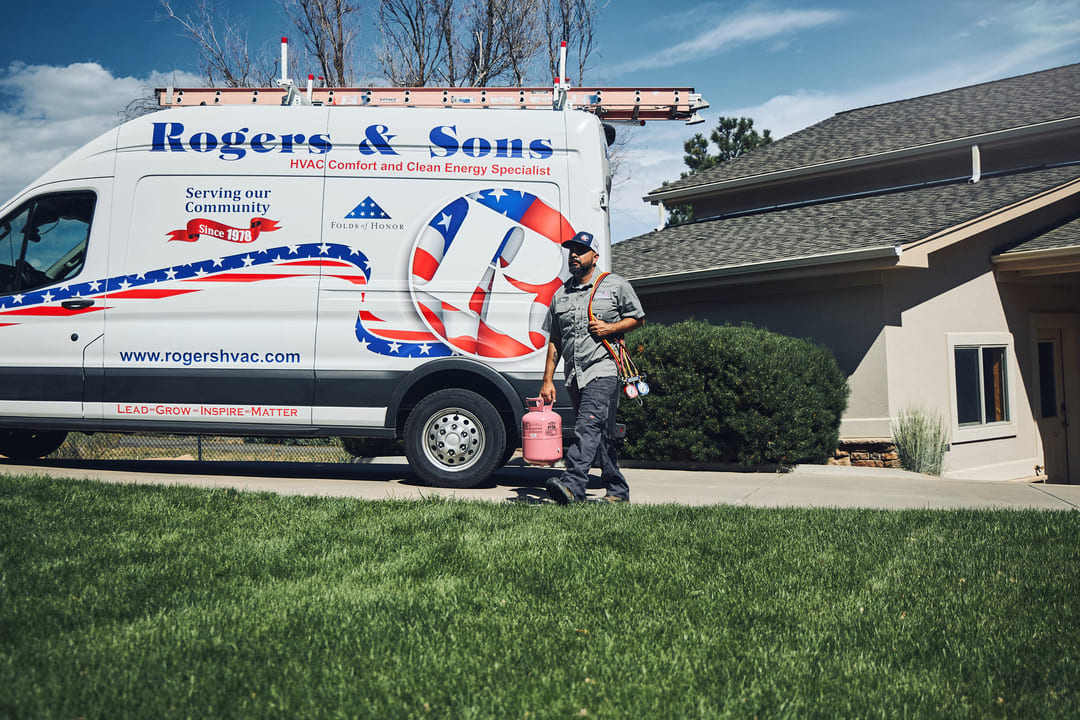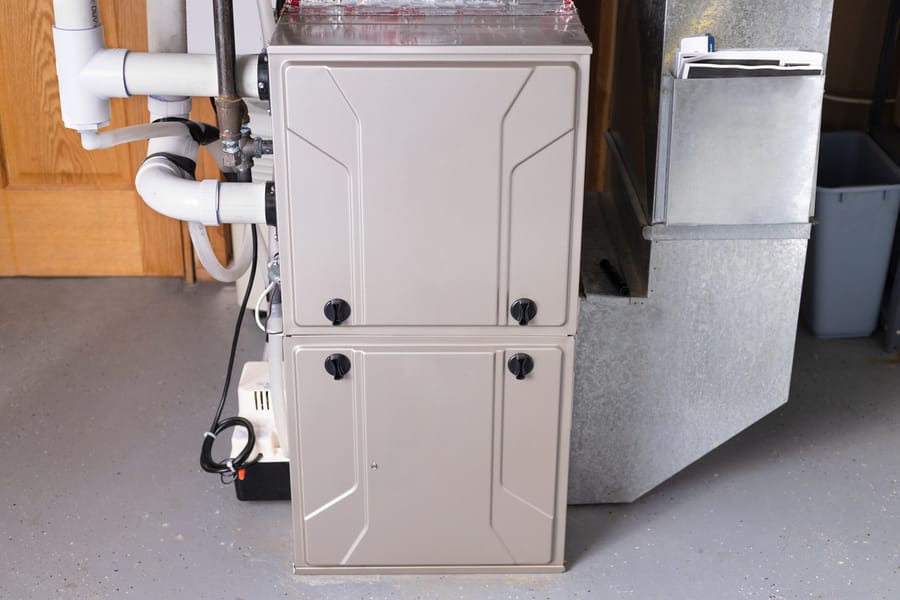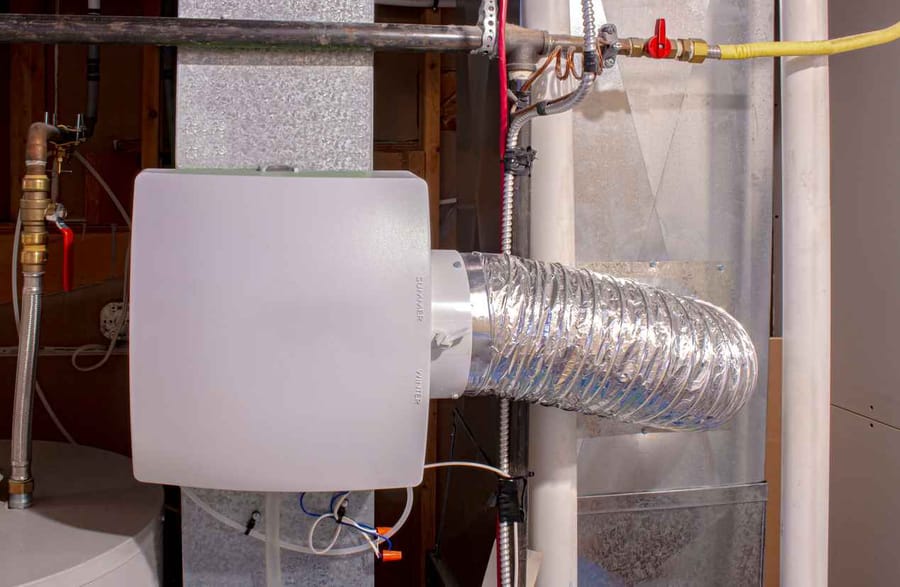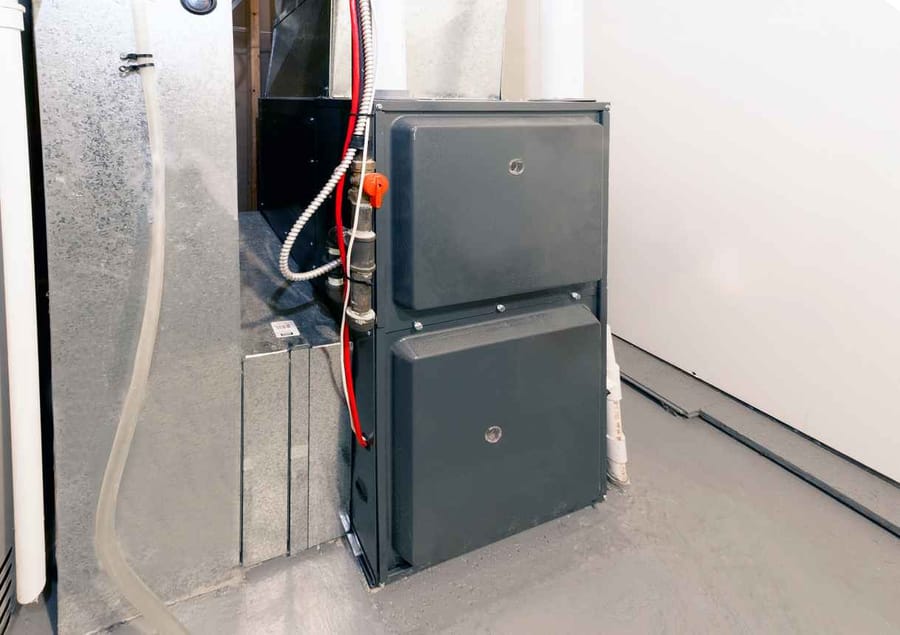greater Denver
Metro area
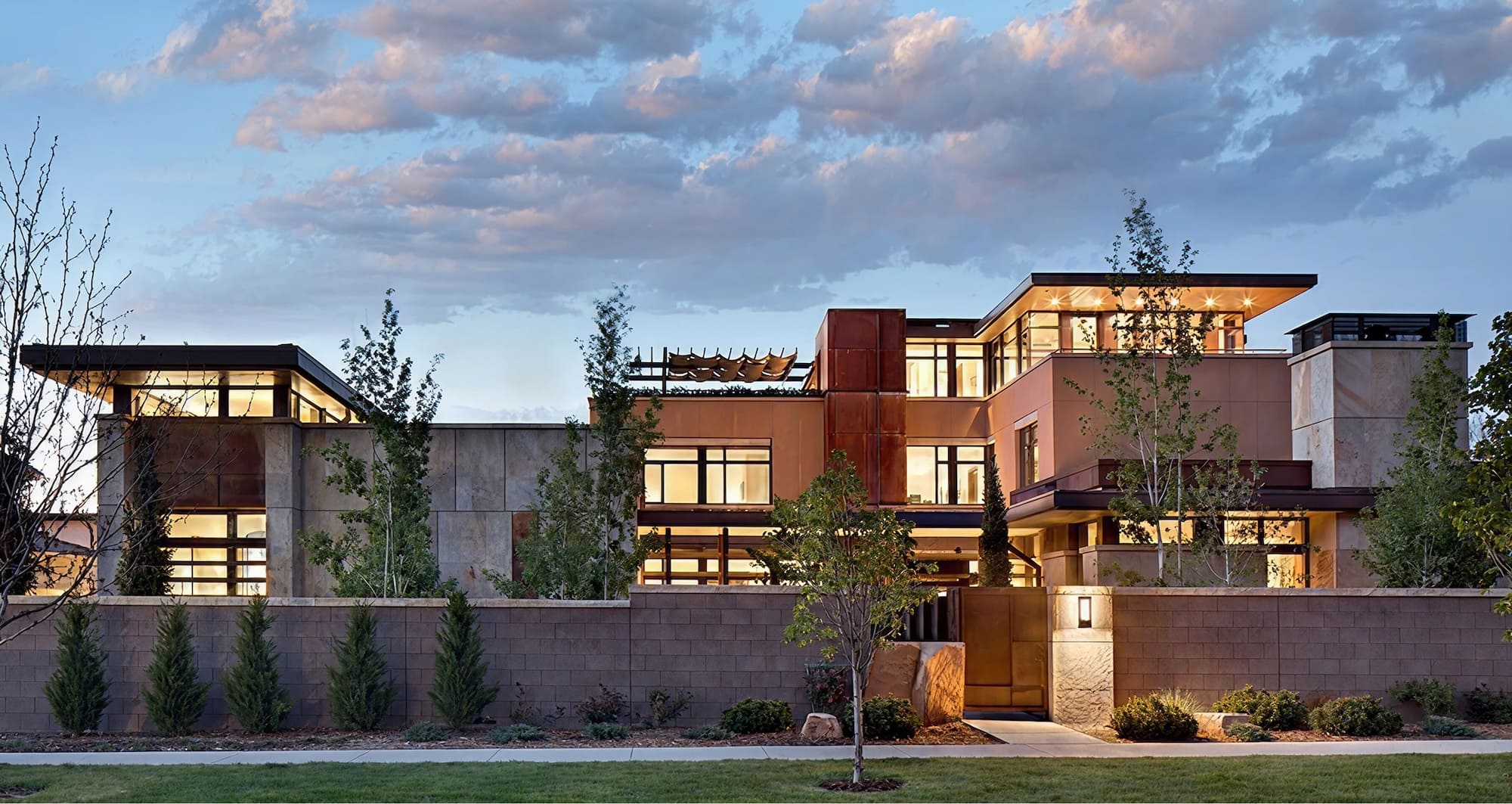
Why Denver’s High Altitude Puts Extra Stress on Your Heating System

Living in Denver comes with incredible views, crisp mountain air, and four distinct seasons, but it also means your home’s heating system works a little harder than it would at lower elevations. The city’s high altitude, sitting around 5,280 feet above sea level, affects how furnaces and boilers operate, often leading to reduced efficiency and increased wear over time.
At higher elevations, the air is thinner and contains less oxygen. This might not seem like a big deal, but for gas-powered heating systems that rely on oxygen for combustion, it makes a noticeable difference in performance. If your furnace isn’t properly adjusted for altitude, it can struggle to produce enough heat, consume more energy, and experience more frequent breakdowns.
In this blog, Rogers & Sons explains how Denver’s altitude impacts your heating system, what common problems to watch for, and how proper calibration and maintenance can keep your home warm and efficient all winter long.
How Altitude Affects Heating System Performance
Denver’s high elevation means the air contains less oxygen than it does at sea level. While this has little effect on everyday living for most people, it significantly impacts how heating systems operate. Gas-powered furnaces, boilers, and water heaters rely on oxygen for combustion, the process that creates the heat distributed throughout your home.
Reduced Air Density and Oxygen Levels
At higher altitudes, air density decreases. With less oxygen available for combustion, gas appliances can’t burn fuel as efficiently. This often leads to incomplete combustion, which reduces heat output and increases fuel consumption.
Lower Heating Efficiency
Because your furnace has to work harder to achieve the same heat level, efficiency naturally drops. Most manufacturers note that standard heating systems lose about 4 percent of their output capacity for every 1,000 feet of elevation above sea level unless properly adjusted.
Increased System Strain
The extra workload causes components such as burners, heat exchangers, and blowers to wear out faster. Over time, this added strain can shorten your system’s lifespan and lead to higher repair costs.
Altitude-Specific Equipment Adjustments
Heating systems installed in Denver often require modifications to the gas pressure and air-to-fuel mixture to account for the thinner air. Without these changes, your furnace may not only run inefficiently but also produce higher levels of carbon monoxide, a serious safety concern.
Common Heating Problems Caused by High Altitude
Denver homeowners often notice that their heating systems don’t perform quite like those in lower-elevation areas. The city’s thin air and cold winters can create unique challenges for furnaces, boilers, and other gas-powered heating systems. If your unit isn’t properly adjusted for altitude, you might experience several recurring problems.
Incomplete Combustion and Reduced Efficiency
With less oxygen available, your furnace may not burn gas completely. This incomplete combustion leads to wasted fuel, higher energy bills, and less consistent heating throughout your home.
Pilot Light or Ignition Problems
Many older furnaces struggle to maintain a stable pilot light at higher elevations. Insufficient oxygen makes ignition more difficult and can cause the flame to flicker or extinguish, preventing the system from running reliably.
Overheating and Component Wear
Because furnaces at high altitudes work harder to produce heat, internal components like the heat exchanger and blower motor experience greater stress. This extra strain can lead to overheating and premature system failure.
Increased Risk of Carbon Monoxide Production
When combustion isn’t balanced, carbon monoxide can build up inside the system. At high altitudes, this risk increases without proper calibration and ventilation, making regular inspections essential for safety.
Shortened Equipment Lifespan
Over time, the combination of harder operation, frequent ignition cycles, and reduced combustion efficiency can shorten your heating system’s lifespan, especially if it hasn’t been professionally tuned for Denver’s conditions.
Preventive Maintenance Tips for High-Altitude Homes
Keeping your heating system in top condition is essential when living at Denver’s high elevation. Regular maintenance helps your furnace perform efficiently despite thinner air and colder temperatures, while also protecting your family’s comfort and safety.
Schedule Regular HVAC Inspections
Have your system inspected by a licensed technician at least once a year, ideally before winter begins. A professional familiar with high-altitude systems will check for proper gas pressure, ventilation, and combustion efficiency to make sure your unit is optimized for Denver conditions.
Replace Air Filters Frequently
The dry mountain air can carry more dust and debris, clogging filters faster than you might expect. Replacing filters every one to three months ensures good airflow and reduces strain on your furnace.
Check for Carbon Monoxide Leaks
High-altitude heating systems are more susceptible to incomplete combustion, which can produce dangerous carbon monoxide. Install detectors on every floor of your home and have your system checked regularly for leaks or ventilation issues.
Clean and Inspect Ventilation Systems
Proper airflow is crucial for safe and efficient operation. Make sure air vents and flues remain clear of debris, ice, or blockages, especially after heavy snow or wind events.
Monitor System Performance
Listen for unusual noises, watch for uneven heating, and track energy bills. Sudden spikes in utility costs or frequent cycling may indicate your system needs adjustment or repair.
Keep Your Denver Home Comfortable with High-Altitude Heating Expertise
Denver’s high elevation creates unique challenges for furnaces and heating systems, but with the right maintenance and professional care, you can keep your home warm and efficient all winter long. Understanding how altitude affects your equipment helps prevent issues like poor combustion, overheating, and energy waste.
Regular inspections, proper calibration, and timely repairs make a major difference in system performance and longevity. By partnering with a trusted local expert, you’ll ensure your furnace is properly tuned for Denver’s thin air and unpredictable weather.
For expert high-altitude heating service, contact Rogers & Sons. We understand the specific demands of Denver homes and provide professional maintenance, repair, and system optimization to keep your heating running safely and efficiently year-round.
